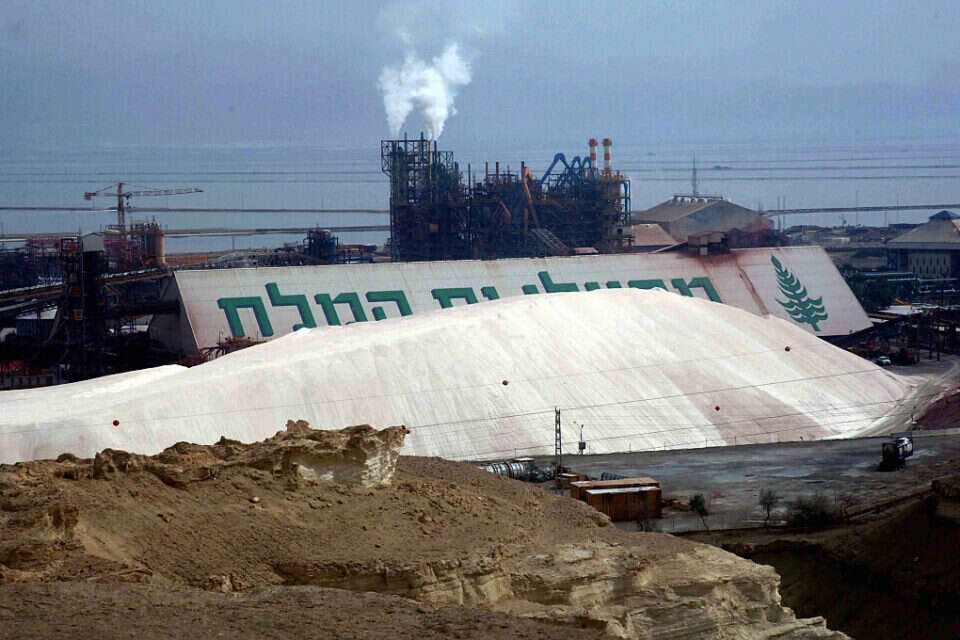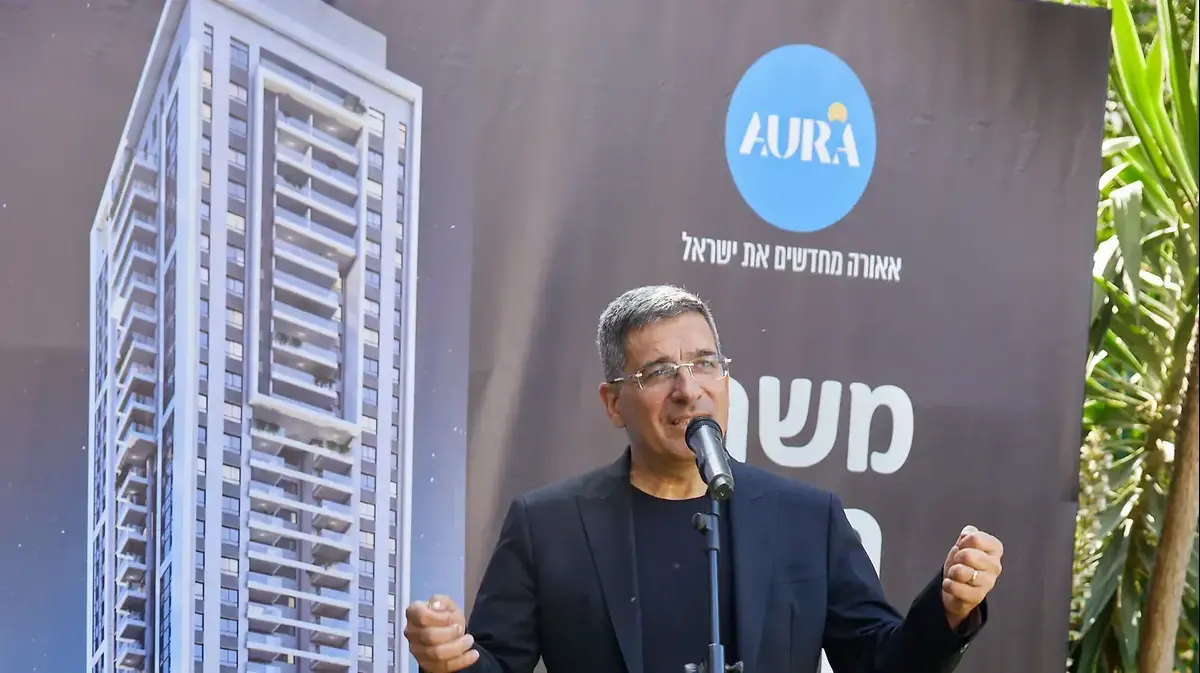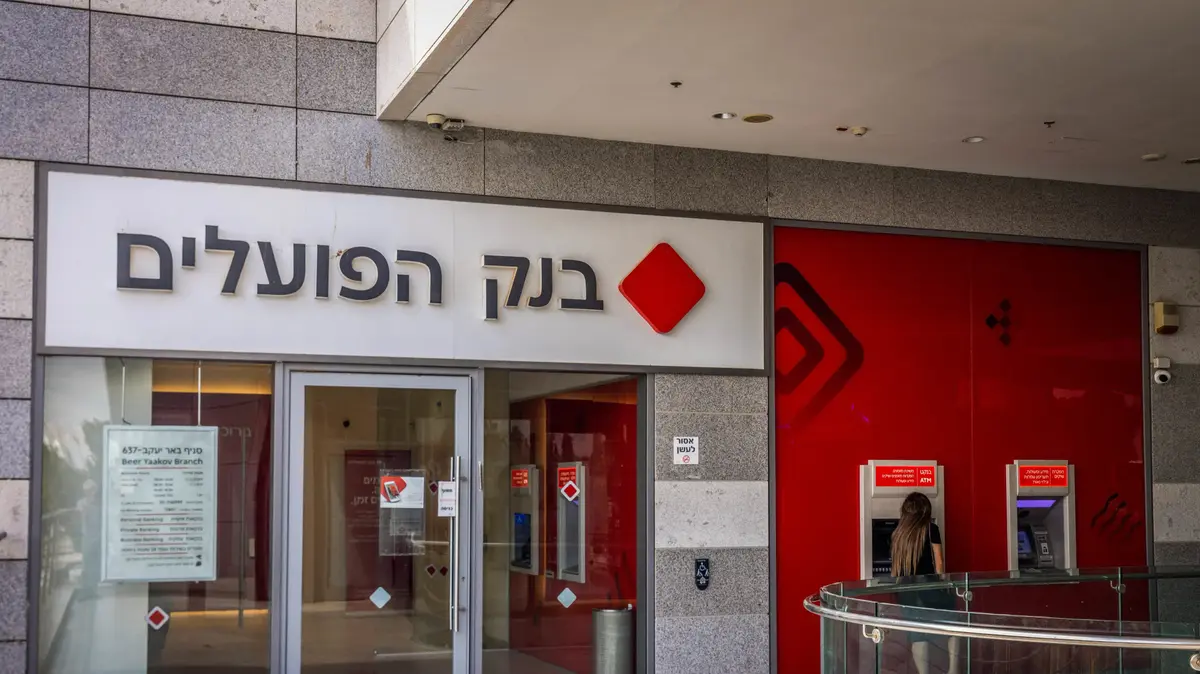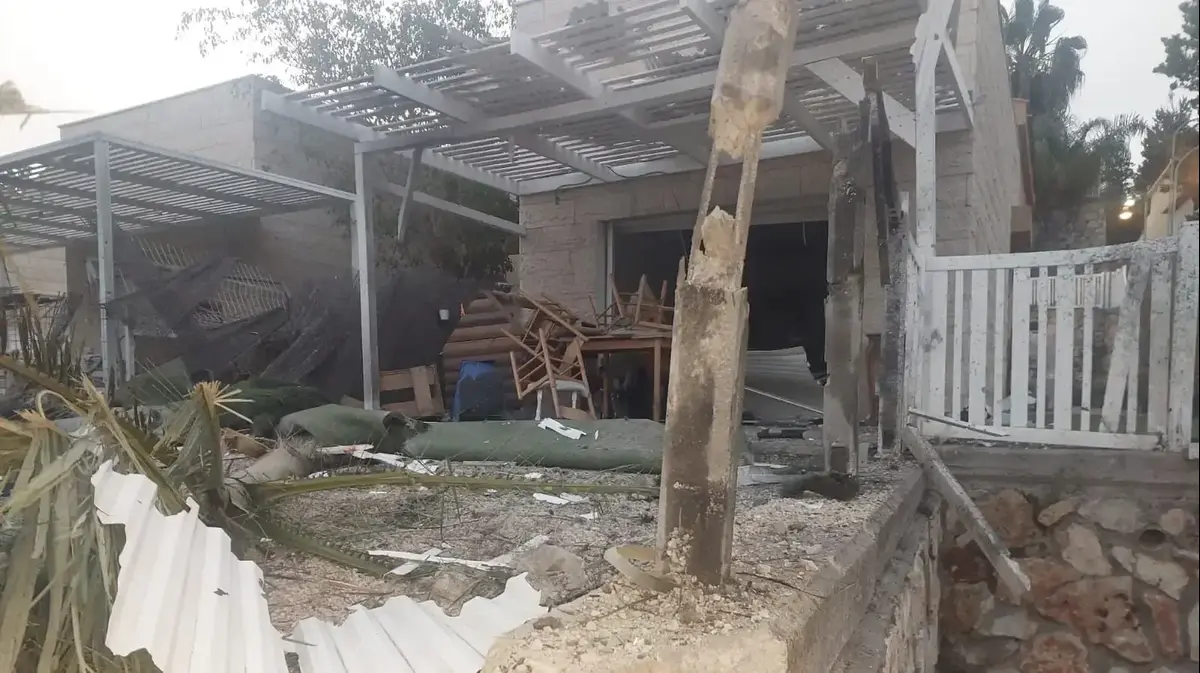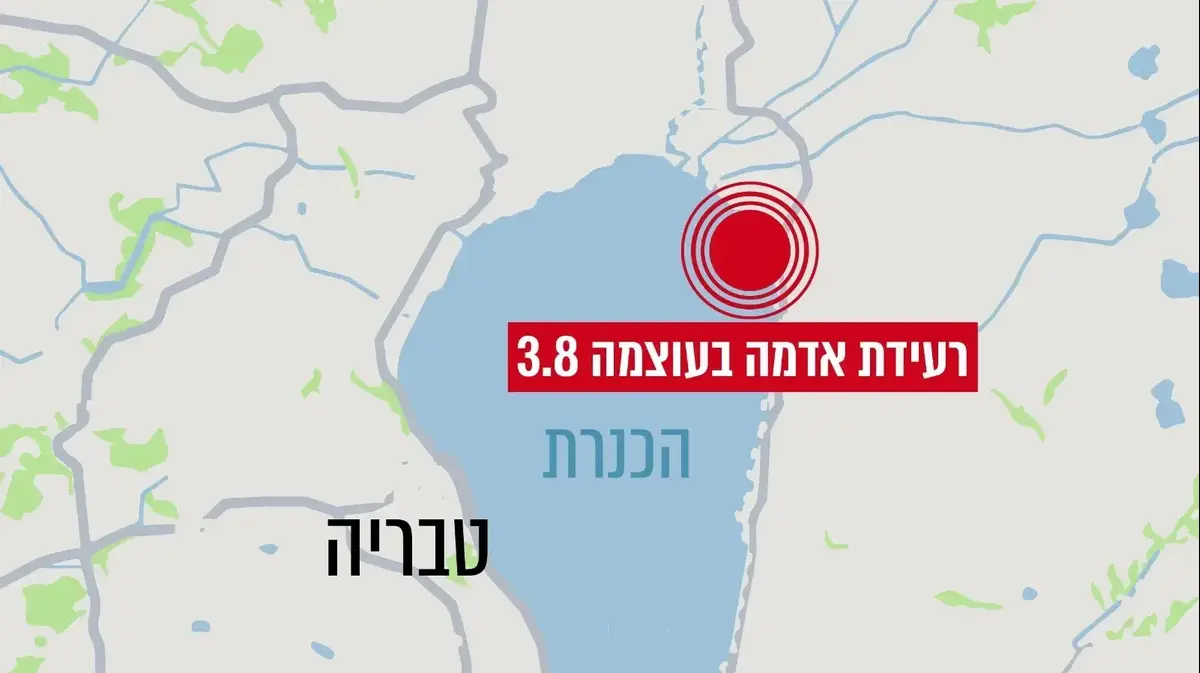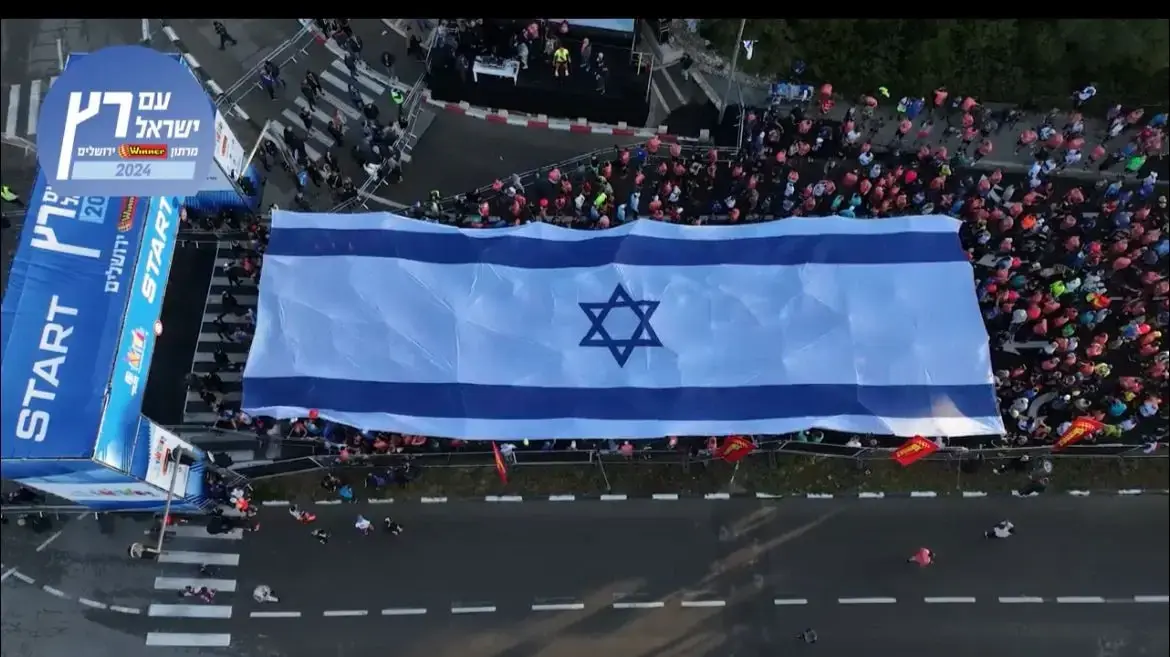The Ministry of Justice has decided to exempt the Dead Sea Works company from a debt of NIS 65 million - an amount that the company has not yet paid for the water it uses to produce potash and minerals.
Until 2017, the Dead Sea factories were not asked to pay for the water they produce, and the Water Authority asked Mekorot to refrain from collecting payment for them because the issue is in legal dispute.
That same year, Adam Teva VeDin petitioned the district court, arguing that if water is used, it must be paid for.
The court agreed with this claim, and from 2017 they began to measure consumption for factories.
What has been consumed so far is not included in the calculation, an amount estimated at hundreds of millions of shekels.
From that year until February 2021, the factories accumulated an additional debt of NIS 80 million.
The Water Authority rolled the decision to the door of the Ministry of Justice.
Eight months later, the ministry decided to exempt the Dead Sea Works company from NIS 65 million out of the 80 million.
Producers from two sources
It should be noted that according to the concession from the 1960s, everything that the Dead Sea factories do inside their yard is included in the concession.
Therefore, the debt for water production inside the yard is exempt.
The Ministry of Justice has decided to waive most of the debt, NIS 65 million out of NIS 80 million.
Bottom line, what’s inside the yard is exempt and what’s outside the factories will pay.
Chai Miara, senior professional advisor to the director general of the Water Authority, tried to explain the complicated issue to "Israel Today":
The charge issued to the Dead Sea factories touched on these two sources.
"The debt of NIS 80 million included half of the concession area and half outside it. For all production outside the concession area, the Dead Sea factories received a charge and paid for it in full. That is, they never had a debt of NIS 80 million. The concession law establishes specific mechanisms The Dead Sea Works did not accept the Water Authority's determination that they must pay for what is included in the concession, and the mechanism for clarifying their claim is by a determination of the Ministry of Justice. "
Are royalties tax-exempt?
According to him, the Ministry of Justice determined this because the Dead Sea factories pay the state royalties for the use of natural resources.
The argument of the Dead Sea factories was that since the state set specific royalties for the use of Dead Sea water, they did not have to pay royalties twice.
That is, once the state has set the level of royalties, it has no ability to collect twice.
The claim was accepted. "
At the same time, the Water Authority imposes obligations on the Dead Sea factories that relate to their actual activity, such as the annual production level, the obligation to measure their production tools, work according to an annual license granted to them and more.
The Water Authority responded: "The decision of the Ministry of Justice will have no effect on the water tariff. For this very reason, the Water Authority recommended that Mekorot wait with the collection process of production in the concession area, since the issue is clearly in the Ministry of Justice." Shekels. "
The company chose not to comment on the decision.

